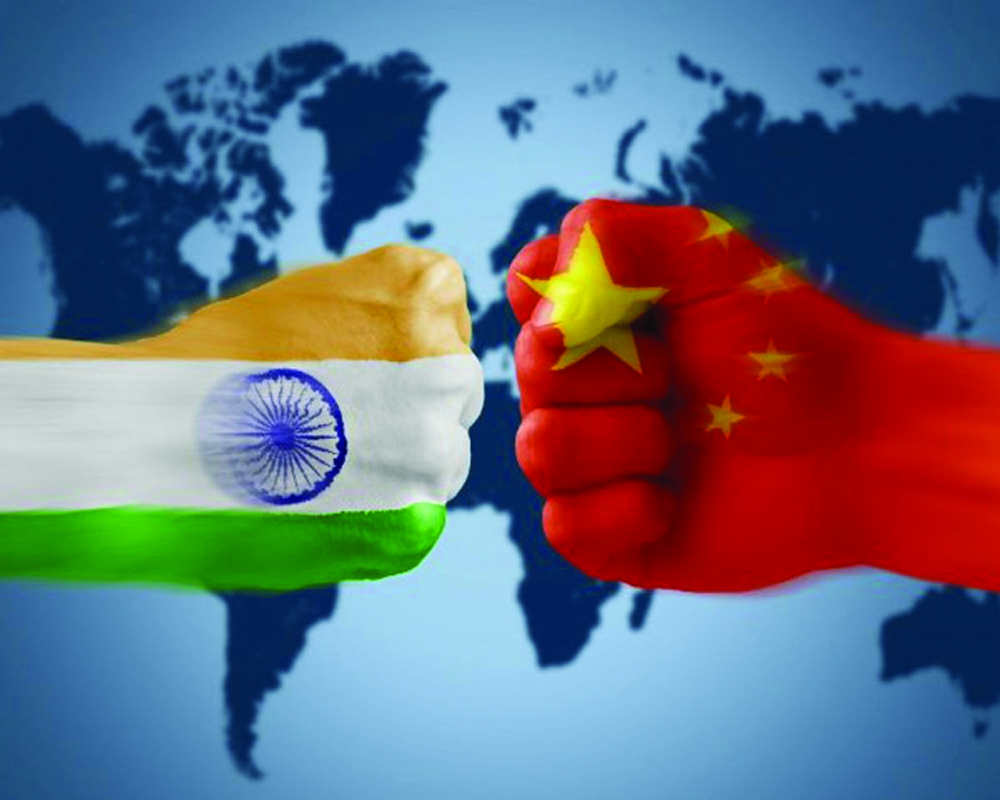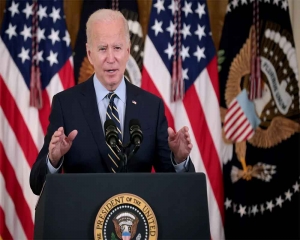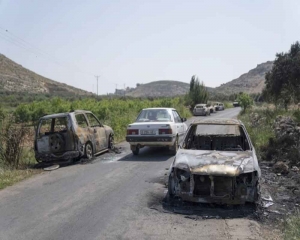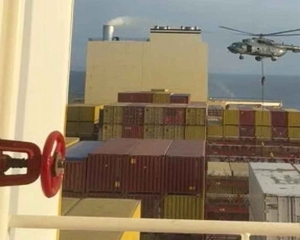The aggressive behaviour of China has antagonised many countries. North Korea and Pakistan apart, it is difficult to think of a Chinese ally
It is true that Xi Jinping’s China is by now sufficiently worked up, for whatever reasons. It also is increasingly apparent that China has to be stopped in its tracks, if the world is not to plunge into a devastating war. Had Europe, Britain and France in particular, done likewise in 1936, WWII would have probably been averted. Notwithstanding Germany being bound by the Treaty of Versailles in 1919, forced to downsize its military and remain peaceful, its Fuhrer Adolf Hitler ordered his troops to seize the demilitarised Rhineland — formerly German territory — in 1936, in complete violation of the Treaty. No European power did or even said anything. Germany’s generals, who were then reluctant to precipitate another armed conflict, began having faith in their Fuhrer’s supposed strategic calibre.
In 1938, just two years after Rhineland, Britain’s Prime Minister Neville Chamberlain and France’s PM Edouard Daladier promptly accepted Hitler’s invitation to a conference in Munich to settle the Sudetenland issue. This Czechoslovakian province was substantially German-speaking. The Fuhrer wanted it for the greater glory of his fatherland. The visiting leaders promptly conceded this demand without so much as even consulting the Czechoslovaks. Chamberlain publicly eulogised the success of this conference as having achieved “peace in our time”. This conclusively convinced the Germans that their Fuhrer knew what he was doing.
The inevitable happened thereafter. Austria was the next to be gobbled, as part of greater Germany, without a shot. In September next year, Poland was overrun in less than six weeks, with France capitulating in a similar duration in 1940. Had the French and British resisted Nazi Germany, which was militarily less prepared in 1936, Hitler would possibly have lost power or stayed away from such military adventures.
China is much better prepared, economically and militarily. It has progressed leaps and bounds, particularly after Deng Xiao Ping. But how far would it have gone had the American gates for its goods not opened up? China’s goods are not products of its own technology, but the result of very diligent copying, politely called ‘reverse engineering’. The cheap cost of Chinese goods can be attributed to virtually free grants of land and throwaway interest rates for term loans to local entrepreneurs and of course, low wages to its workers, at least in the early phase of China’s meteoric rise.
This is in contrast to Japan’s manufactures — automobiles, electronic goods, computers, watches, et al. These are not only original but also largely unsurpassed by other countries. Militarily too, unlike Japan, China does not have a sufficient tradition. Strangely, the People’s Liberation Army (PLA; China’s armed forces) belongs to the Communist Party of China and not to the country. Moreover, China’s armed forces are not made up of volunteers but mostly conscripts. It is one thing for anyone to be prepared to give his life for his country; it is difficult to fight with the same spirit for a political party, which can rise and fall, like the Congress in India, for instance. Else, there can be factional feuds too within a party, which partly explains a vast number of Chinese soldiers losing their lives in most skirmishes and small battles they have been involved in, over the last few decades. Also, more crucially, the Chinese armed forces have not been involved in fighting since 1979 when they invaded Vietnam, a war where the yellow giant took a beating.
Battle experience is more important than training, in order to be a soldier. A battle hardened soldier is far more dependable than a well-trained recruit. Anyone who has not faced bullets is unpredictable in a combat situation, as to how he would react when the shooting begins. Today’s PLA may not have a single soldier who has faced actual combat.
In the meantime, the aggressive behaviour displayed by China’s political leadership has antagonised many countries. North Korea and Pakistan apart, it is difficult to think of a Chinese ally. While North Korea’s army is large and marches excellently in military parades, it has not felt a bullet since 1953, which is 68 years hence. In contrast, the Indian army was originally founded by the British, who were amongst the best trained armed forces other than the German ones. The country has fought five wars, as well as continual insurgencies in eastern India and Kashmir.
China is presumably militarily as mighty as most people worry. Taiwan is a major issue with the current leadership in Beijing. The South China Sea is another flashpoint. The Himalayas in India’s north are potentially the third one. There are Japan and Taiwan, which for their size have excellent air forces. There is Australia further south. All that is necessary is for the USA to open its treasury of advanced weaponry. The rest of the allies are strong enough to halt the yellow giant from going any farther, if not actually force it to take a few steps back in its aggressiveness.
This is also imperative because China’s much-hyped rise has already happened. In other words, China is no longer rising but has risen. The window of opportunity to grab global hegemony is closing. And that makes the situation as dangerous as it was in 1914.
(The writer is a well-known columnist, an author and a former Member of the Rajya Sabha. The views expressed are personal.)


























